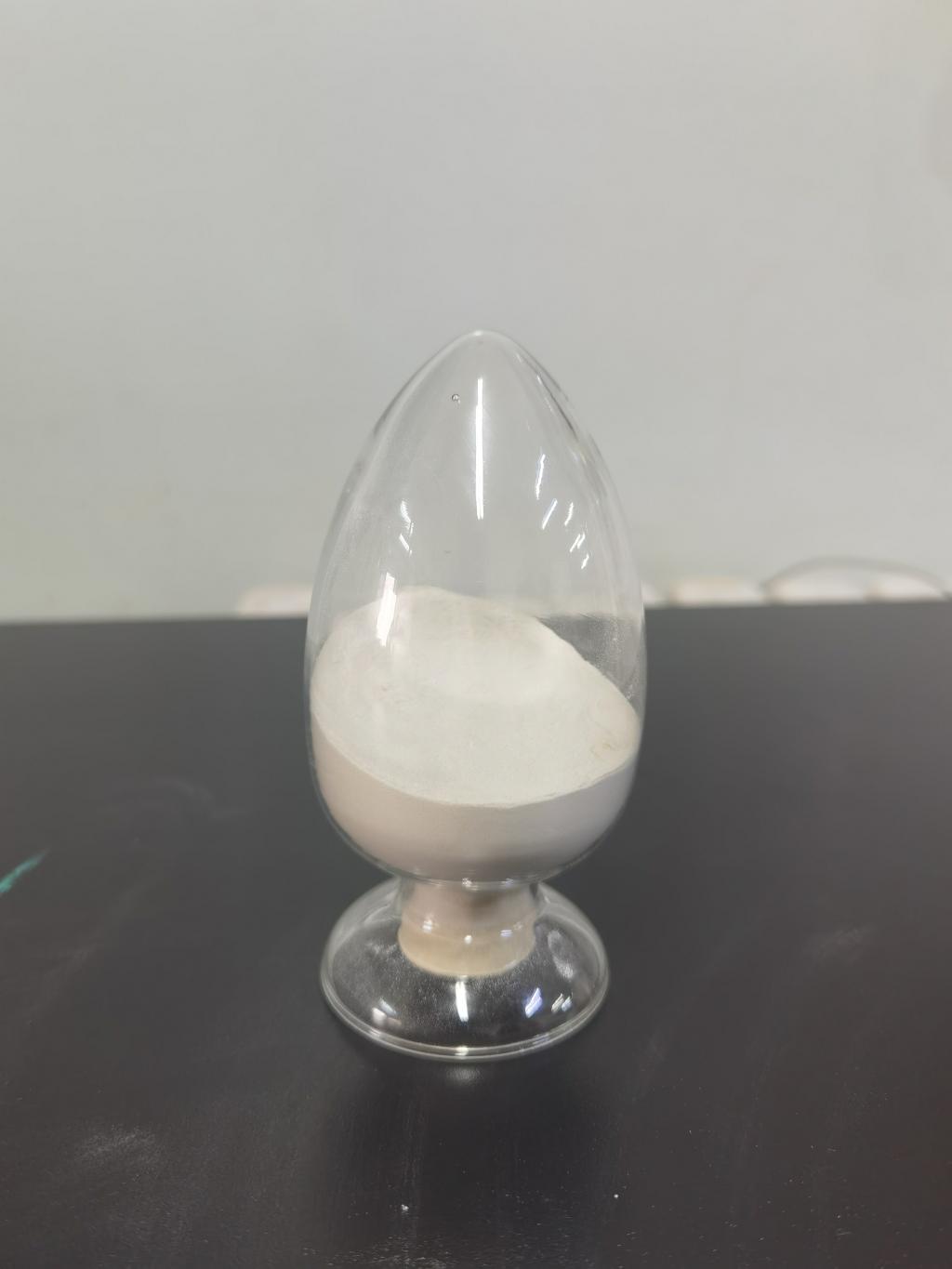Tel:+8618231198596

News
 CONTACT
CONTACT
 CONTACT
CONTACT
- Linkman:Linda Yao
- Tel: +8618231198596
- Email:linda.yao@dcpharma.cn
- Linkman:CHARLES.WANG
- Department:Overseas
- Tel: 0086 0311-85537378 0086 0311-85539701
News
Current Position:
Home >
News
>Nisin's role in maintaining food quality during transportation and storage.
Nisin's role in maintaining food quality during transportation and storage.
TIME:2023-08-08
Antimicrobial Properties of Nisin
Nisin, classified as a lantibiotic, is renowned for its potent antimicrobial activity against a diverse range of microorganisms, including bacteria, yeasts, and molds. This unique capability arises from its mechanism of action, which involves disrupting cell membrane integrity and permeability, ultimately leading to cell death. Nisin's selectivity towards harmful microorganisms while sparing beneficial ones adds to its appeal as a natural preservative.
Transportation and Storage Challenges
The transportation and storage phases of the food supply chain are fraught with challenges that can compromise food quality and safety. Factors such as temperature fluctuations, humidity, and exposure to pathogens can trigger microbial growth, spoilage, and degradation of food products. Additionally, long transit times and delays in distribution can exacerbate these challenges, underscoring the need for effective preservation strategies.
Nisin's Mechanisms of Action
Nisin's multifaceted mechanisms of action make it a valuable asset in maintaining food quality during transportation and storage:
Microbial Inhibition: Nisin's primary role is to inhibit the growth of spoilage and pathogenic microorganisms, thereby extending the shelf life of perishable goods. Its effectiveness against a broad spectrum of microorganisms makes it particularly suitable for combating spoilage during transportation and storage.
Biofilm Disruption: Microbial biofilms, complex communities of microorganisms, can form on surfaces and packaging materials, leading to contamination and reduced food quality. Nisin's ability to disrupt biofilms contributes to preventing microbial attachment and growth, safeguarding food products from potential contamination.
Toxin Inactivation: Some microorganisms produce toxins that can compromise food safety. Nisin's activity includes the inactivation of certain toxin-producing bacteria, reducing the risk of toxin formation and subsequent foodborne illnesses.
Applications of Nisin in Transportation and Storage
Nisin finds diverse applications in maintaining food quality during transportation and storage:
Fresh Produce: Nisin can be applied as a post-harvest treatment to fresh fruits and vegetables to inhibit the growth of spoilage microorganisms, delaying deterioration and preserving texture and flavor.
Dairy Products: In dairy items like cheese and yogurt, nisin can prevent the growth of unwanted bacteria and molds, contributing to longer shelf life and maintaining product quality.
Meat and Poultry: Nisin's antimicrobial properties make it suitable for meat and poultry products, inhibiting the growth of pathogenic bacteria such as Salmonella and Listeria, reducing the risk of foodborne illnesses.
Ready-to-Eat Meals: Prepared foods often require extended storage, making them susceptible to spoilage. Nisin can enhance the safety and shelf life of ready-to-eat meals, minimizing the need for synthetic preservatives.
Beverages: Nisin's inclusion in beverages can prevent the growth of yeasts and molds, maintaining the freshness of drinks like fruit juices and smoothies.
Benefits of Nisin in Transportation and Storage
Improved Food Safety: Nisin's ability to inhibit pathogenic and spoilage microorganisms enhances the safety of transported and stored food products, reducing the risk of contamination and foodborne illnesses.
Prolonged Shelf Life: By inhibiting microbial growth and spoilage, nisin extends the shelf life of perishable goods, reducing waste and enhancing product viability.
Clean Labeling: Consumer demand for natural and clean-label ingredients is met by nisin, which aligns with preferences for recognizable and minimally processed components.
Sustainability: Longer shelf life translates to reduced food waste, contributing to a more sustainable food supply chain and reducing the environmental impact of discarded products.
Cost-Effectiveness: Incorporating nisin into preservation strategies can potentially reduce the reliance on synthetic preservatives, leading to cost savings and improved profitability for food manufacturers.
Challenges and Considerations
While nisin holds promise as a natural preservative during transportation and storage, some challenges and considerations warrant attention:
Regulatory Approvals: Nisin's regulatory status may vary by country and region, necessitating compliance with diverse approval processes.
Formulation Optimization: Developing effective nisin formulations for different food products, packaging materials, and storage conditions requires careful consideration.
Consumer Acceptance: Educating consumers about nisin's benefits and safety is essential to fostering acceptance and trust in its application.
Collaboration and Research: Partnerships between industry, academia, and regulatory bodies are crucial to advancing research, innovation, and implementation of nisin-based preservation strategies.
Conclusion
Nisin's role in maintaining food quality during transportation and storage is anchored in its potent antimicrobial properties and versatile mechanisms of action. By inhibiting microbial growth, disrupting biofilms, and enhancing the safety of perishable goods, nisin contributes to a safer, more sustainable, and efficient food supply chain. As the demand for natural and clean-label preservatives continues to grow, nisin emerges as a valuable tool to address the challenges of food quality preservation, supporting the industry's commitment to delivering safe and wholesome products to consumers worldwide.
- Tel:+8618231198596
- Whatsapp:18231198596
- Chat With Skype







